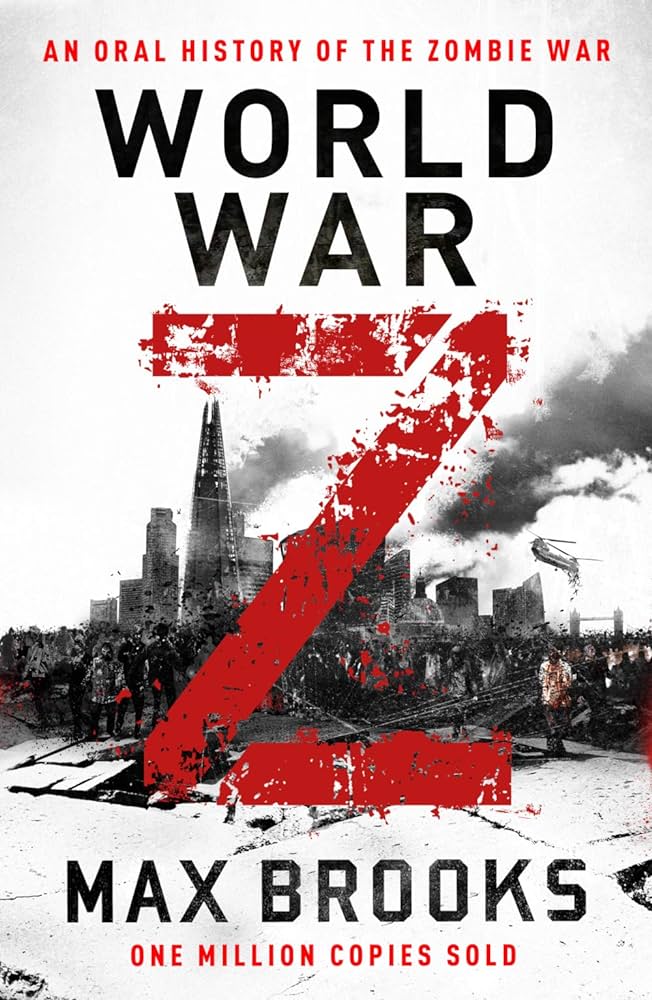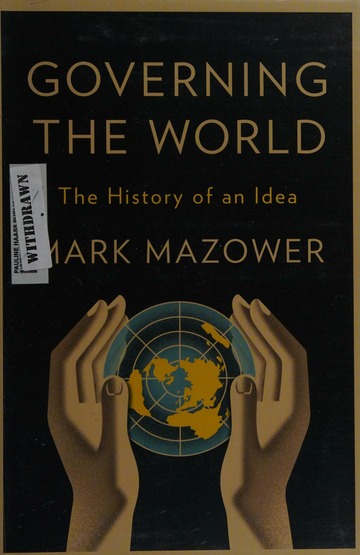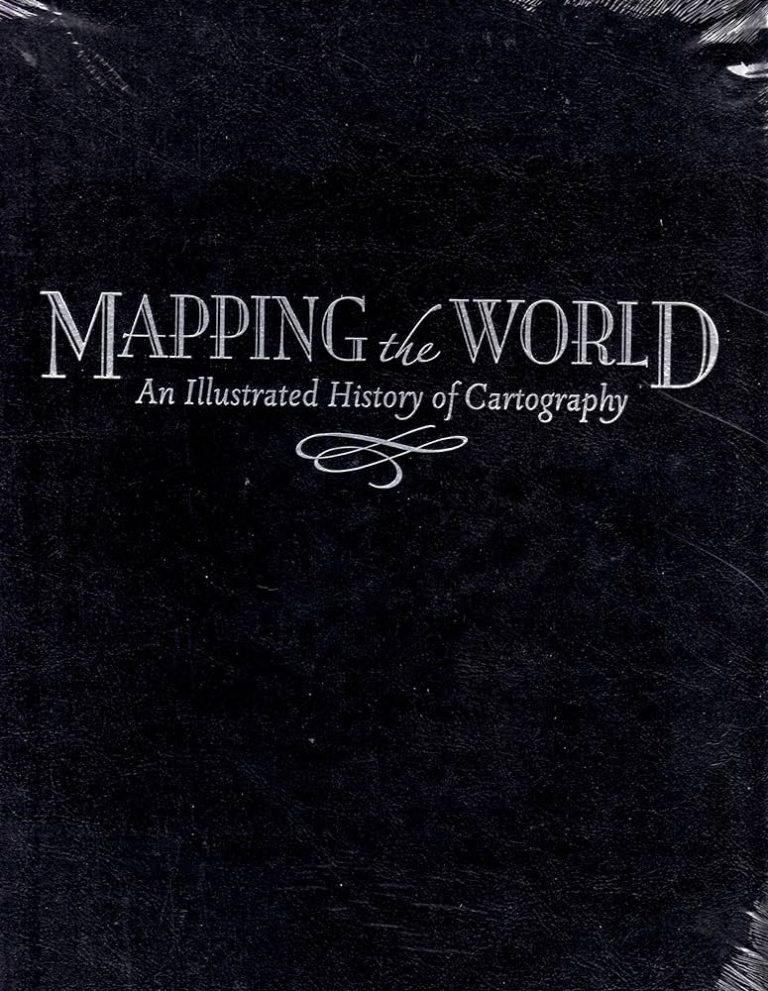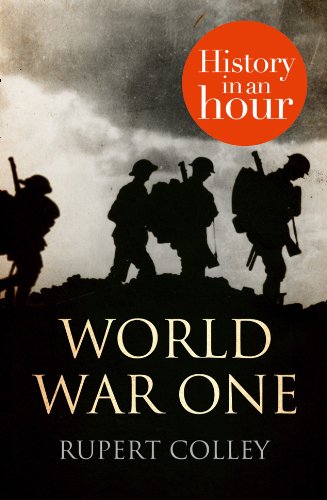World War Z An Oral History Of The Zombie
World War Z: An Oral History of the Zombie War is a 2006 novel by American author Max Brooks. The novel is a collection of individual accounts narrated by an agent of the United Nations Postwar Commission, following the global zombie war. It was a commercial success, selling over one million copies in the United States. The book was later adapted into a 2013 film of the same name, starring Brad Pitt. The novel is set in the near future, and chronicles the decade-long war between humanity and a zombie horde. The stories are told from the perspective of dozens of narrators who describe the apocalyptic conflict and its worldwide effects. It is told in a series of interviews conducted by a fictitious journalist, Max Brooks, and provides a unique view of the war from a variety of perspectives. The novel was praised for its realism and for its combination of horror, drama, and dark humor.
Origin of the Zombie: Who Discovered Them and How?
The zombie, a figure of horror and fascination, has been a part of popular culture for centuries. But where did the concept of the zombie come from, and how did it become so popular? The answer lies in the origin of the zombie, and its deeply rooted connection to Haitian culture and the African diaspora.
In Haitian folklore, the zombie is a creature created when a person is resurrected from the dead through a voodoo ritual. The process is believed to involve a shaman or bokor, who uses an ancient voodoo spell to call upon a specific loa, or spirit, to raise the dead. The result is a soulless creature, devoid of emotion and thought, that can only do the bidding of its creator.
The origin of the zombie is believed to be rooted in West African spiritual beliefs, where a zombie is believed to be an undead spirit that can be summoned or controlled by a shaman. This belief is closely tied to the African diaspora, or the dispersal of African slaves throughout the Caribbean and the Americas. As a result, the concept of the zombie has been a part of Haitian culture for centuries.
The zombie has since become a global phenomenon, appearing in literature, film, and video games. Today, the zombie is an enduring figure of horror and fascination, and its origin and cultural significance remain an important part of its legacy.
The Impact of the Zombie on Society
The zombie, once a creature of the night, has cast an eerie shadow over society since its inception. Born from the macabre tales of horror, the zombie has been a part of our collective consciousness for generations. But what is the real impact of the zombie on our day-to-day lives?
The zombie brings with it a unique set of cultural tropes and conventions that have been embraced worldwide. From films to video games, comics, and even television shows, the zombie has become a cultural icon. From the classic zombie apocalypse stories to the more modern takes on the zombie, the influence of the creature is undeniable.
But the impact of the zombie goes beyond the realm of entertainment. It has also had a profound effect on our psychology. Our fascination with the walking dead has been used to explore deeper and more complex themes. From our fear of the unknown to our anxieties about mortality, the zombie has been used to explore our innermost fears.
Furthermore, the zombie has found its way into our everyday lives. From the zombie-themed bars and restaurants that have become popular, to the zombie-themed products that are available in stores, the zombie has become an omnipresent part of our culture.
World War Z: An Oral History of the Zombie not only offers an in-depth look into the history of the creature, but it also provides an insight into the impact it has had on our culture. Through vivid accounts of survivors and eye-opening interviews, World War Z provides an unparalleled look into the impact of the zombie on our society.
Understanding the Zombie Mind: What Motivates Them?
When it comes to zombies, there is much to be understood. They are relentless, relentless creatures that seem to have no sense of reason or emotion. So, what motivates them? What drives them to seek out human flesh? We explore this topic in-depth in our latest blog post.
To begin, we must look at the history of the zombie and its place in popular culture. Zombies have been used as a metaphor for mindless consumerism, as well as a symbol of death and destruction. This has been seen in films like Night of the Living Dead and 28 Days Later, as well as video games such as Resident Evil and Left 4 Dead. Through these examples, we can get a better understanding of what motivates the zombie mind and how it works.
From there, we explore the psychological and biological aspects of the zombie mind. We examine how the virus that turns people into zombies works and how it affects the brain. We also look at the complex relationship between the living and the undead, and how it shapes their motivations and behavior.
Finally, we look at current research and theories surrounding the zombie mind. We learn about the groundbreaking work being done by experts to better understand what drives the zombie mind and how it works. We also look at the various ways people are attempting to create a vaccine to stop the spread of the virus.
Understanding the zombie mind is a complex and intriguing topic. With our blog post, we hope to provide an in-depth analysis of the zombie mind and its motivations, as well as explore the current research and theories surrounding the zombie mind.

Human Responses to the Zombie Outbreak
The zombie outbreak has been a major disaster for humankind. The undead are relentless, and their ability to spread quickly has led to widespread destruction and loss of life. In the face of such an overwhelming threat, human responses to the zombie outbreak have been varied. Some people choose to fight the zombie hordes while others opt for flight. Still others try to find ways to coexist with the undead. In this blog post, we’ll take a closer look at the different human responses to the zombie outbreak, explore the motivations behind these reactions, and consider the implications of each.
From those who bravely stand their ground, to those who seek refuge in fortified compounds, each reaction to the zombie outbreak is shaped by individual experiences and circumstances. In some cases, people have banded together to form makeshift militias, fighting back against the zombie hordes. In other cases, people have chosen to flee, seeking safe havens to escape the undead. Still others have chosen to adapt, finding ways to live alongside the zombie hordes.
Each of these responses carries its own risks and benefits. Those who choose to fight the zombies put their lives on the line to protect the living, but they also take the risk of becoming undead themselves. Those who flee may find safety, but they also have to contend with the dangers of a nomadic existence. And those who attempt to coexist with the undead risk the possibility of infection, but also may find opportunities for mutual benefit.
The zombie outbreak has changed the world in profound ways, and human responses to the zombie outbreak have helped to shape the future of our species. As we consider how to best address the undead threat, it is important to take into account the different ways people have chosen to respond. By examining the motivations behind each response, we can learn valuable lessons about resilience, resourcefulness, and survival.
Surviving the Outbreak: Strategies and Tactics
for Staying Alive
The zombie apocalypse of World War Z has become one of the most iconic and widely known stories of modern pop culture, and it has given rise to countless discussions and debates about the best strategies to survive an outbreak. It is natural for people to wonder what tactics to deploy when faced with the prospect of a zombie infestation. Fortunately, there are several well-documented strategies and tactics that can be used to ensure a better chance of survival.
One key element of any successful zombie-survival plan is to stay informed and up-to-date on the latest developments in the zombie world. Knowing the latest trends in zombie behavior and movements can go a long way towards staying one step ahead of the undead. Additionally, it is important to take steps to fortify any base of operations and secure any supplies needed to survive. Keeping a safe distance from any potential infection points and maintaining a high level of vigilance at all times can also help to keep survivors safe.
In addition to these basic strategies, arming oneself with the right weapons and knowledge is paramount. Firearms, blades, and blunt objects are all viable tools for dispatching the undead, but certain tactics must be employed in order to be effective. Understanding the various types of zombies, their strengths and weaknesses, and the best way to eliminate them can make all the difference in a zombie apocalypse.
Although surviving a zombie outbreak can seem daunting, it is possible. By following the right strategies and tactics, survivors can stay safe and have a better chance of making it through the zombie apocalypse.
The Aftermath of the War: What Changes were Brought?
The zombie apocalypse of World War Z brought about many changes to the world. From the devastating casualties to the drastic economic and political shifts, the war had a lasting impact. But what changes came after the war, and how has the world adapted?
In the wake of the war, the world was left with a much greater appreciation for the fragility of life. With the loss of so many lives, governments and citizens alike found themselves with a newfound respect for the value of life and the importance of safety. This led to the implementation of greater safety protocols and the strengthening of existing infrastructure to help protect against future catastrophes.
The war also had a lasting economic effect. With the loss of so many lives came the loss of the wealth and resources that they held. This led to a global economic downturn and the emergence of a new economic system that was more focused on sustainability and self-sufficiency. This meant that countries and citizens alike had to be more mindful of their resources and how they were used.
The war also affected the political landscape in a big way. Countries that had previously been enemies now had to band together to fight a common foe. This led to the formation of new alliances and the strengthening of existing ones. As a result, the world was left with a more unified and collaborative approach to international relations.
The war also led to advancements in technology. As the fight against the undead brought about new challenges, scientists were forced to come up with innovative solutions. This led to the invention of new weapons, more effective treatments for diseases, and even the emergence of artificial intelligence.
The aftermath of World War Z brought about many changes to the world. From the loss of life to the economic and political shifts, the war had a lasting impact. But it also brought about a greater appreciation for the value of life and the importance of safety. It also led to new economic systems, political alliances, and technological advancements. In the end, the war changed the world for the better and left us with a new appreciation for the fragility of life.
FAQs About the World War Z An Oral History Of The Zombie
1. What is the format of World War Z An Oral History of the Zombie?
World War Z An Oral History of the Zombie is a novel written in the form of a series of interviews with the survivors of a zombie plague.
2. Who wrote World War Z An Oral History of the Zombie?
World War Z An Oral History of the Zombie was written by Max Brooks.
3. What is the main theme of World War Z An Oral History of the Zombie?
The main theme of World War Z An Oral History of the Zombie is the survival of humanity in the face of a global zombie apocalypse.
Conclusion
Overall, World War Z: An Oral History of the Zombie War is an engaging and captivating novel that provides a unique perspective on a zombie apocalypse. By utilizing the ‘oral history’ narrative form, Max Brooks has created an immersive post-apocalyptic world that readers can easily imagine. The novel is a thrilling adventure that brings to life the struggles of the survivors and the horrors of the zombie war. With its vivid descriptions and compelling characters, World War Z is an entertaining and thought-provoking novel that will leave readers with much to ponder.




